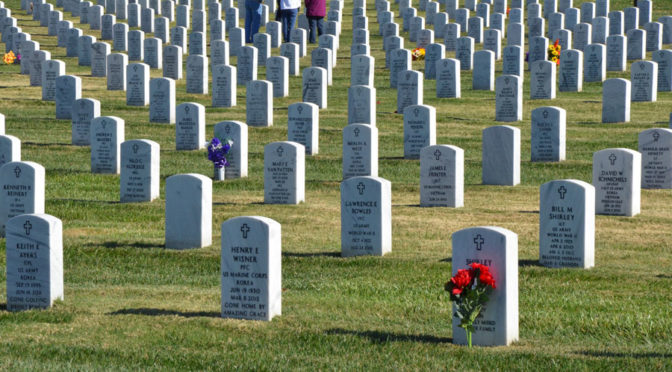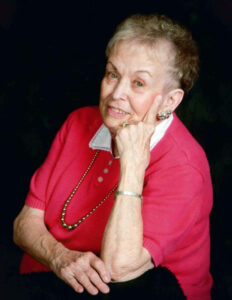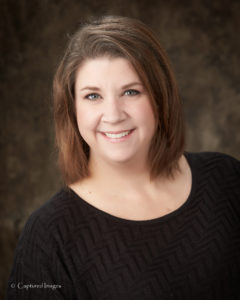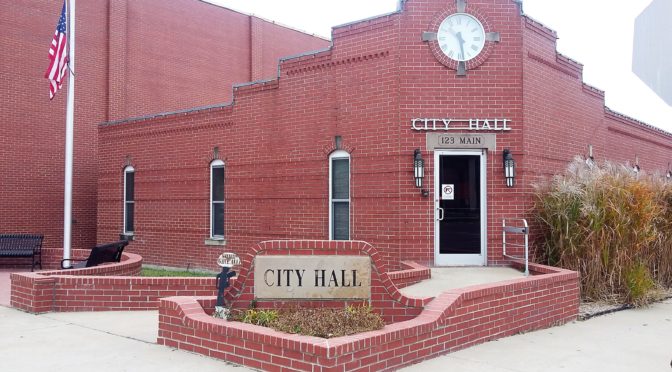CITY OF FORT SCOTT
SPECIAL CITY COMMISSION MEETING
Minutes of March 23rd, 2021 Special Meeting #8
A special meeting of the Fort Scott City Commission was held March 23rd, 2021 at 5:30 p.m. in the City Commission Meeting Room, 123 S. Main Street, Fort Scott, Kansas.
ROLL CALL:
Commissioners Kevin Allen, Pete Allen, Randy Nichols, and Lindsey Watts were present with Mayor Josh Jones presiding.
AUDIENCE IN ATTENDANCE: Michael Hoyt, Janice Allen, Travis Shelton, and Allyson Turvey.
CONSIDERATION:
-
Approval to apply to Fort Scott Community Foundation Grant for roller skates – Allyson Turvey, Community Development Manager, informed the Commission that she placed the grant application in front of them. Back in November of 2020 discussions were started with Craig Campbell on how to figure out this roller skating rink opportunity. Also discussed was Buck Run versus Memorial Hall for a location and the Commission directed their efforts to Buck Run. The hold up has been the need for roller skates. They did not want to pay for brand new skates. They located a source to purchase used roller skates. She asked to submit this application to the Fort Scott Area Community Foundation. The grant application is for $5,900.00.
Pete asked if she was sure that Buck Run had been selected and not Memorial Hall for the location.
Ally said yes that it had been directed to move forward with Buck Run as the location as they have staffing, insurance, and these types of activities. It made more sense financially to use Buck Run.
Pete asked her to research this.
Ally said that she will research this. The cost to refurbish Memorial Hall’s floor would be over $10,000.
R. Nichols moved to approve to submit the application to the Fort Scott Area Community Foundation. L. Watts seconded. All voted aye.
APPROVED TO SUBMIT THE GRANT APPLICATION TO THE FORT SCOTT AREA COMMUNITY FOUNDATION IN THE AMOUNT OF $5,900 TO PURCHASE USED ROLLER SKATES.
-
Approval of Ordinance No. 3575 hiring Robert L. Farmer as City Attorney – Jeremy Frazier, City Manager, informed the Commission that before them is the contract and the ordinance to hire Bob Farmer as City Attorney for the City of Fort Scott at a cost of $4,000 per month.
J. Jones moved to approve the contract to hire Robert L. Farmer as City Attorney at a cost of $4,000 per month and approved Ordinance No. 3575. L. Watts seconded. All voted aye.
APPROVED THE CONTRACT TO HIRE ROBERT L. FARMER AS CITY ATTORNEY AT A COST OF $4,000 PER MONTH AND APPROVED ORDINANCE NO. 3575 WHICH REPEALED ORDINANCE NO. 3555, PREVIOUSLY SETTING SAID CITY ATTORNEY’S SALARY FOR THE CITY OF FORT SCOTT, KANSAS.
-
Request to use Gunn Park on April 9th, 2021 – Jeremy Frazier, City Manager, informed the Commission that Lindsey wished to address the Commission to use Gunn Park for an upcoming event.
Lindsey said that her business, CrossFit, is hosting a competitive event. As of now they have over 80 athletics registered with two weeks of registration to go still. She asked for approval to use either Gunn Park or Riverfront Park on Friday, April 9th, 2021 to hold their running event. They would like to have either Gunn Park or Riverfront Park closed to vehicle property to protect the athletics when they are running. She said that they have special event insurance to cover this event.
R. Nichols moved to approve to close to vehicle traffic either Gunn Park or Riverfront Park on Friday, April 9th, 2021 from 4:00 p.m. until their event is over. K. Allen seconded. K. Allen, P. Allen, R. Nichols and J. Jones voted aye. L. Watts abstained. Motion carried 4-1.
approved to close to vehicle traffic either Gunn Park or Riverfront Park on Friday, April 9th, 2021 from 4:00 p.m. until their event is over.
ADJOURNMENT:
L. Watts moved to adjourn the special meeting at 5:45 p.m. J. Jones seconded. All voted aye.
ADJOURNED MEETING AT 5:45 P.M.
Respectfully submitted,
Diane K. Clay, M.M.C.
City Clerk

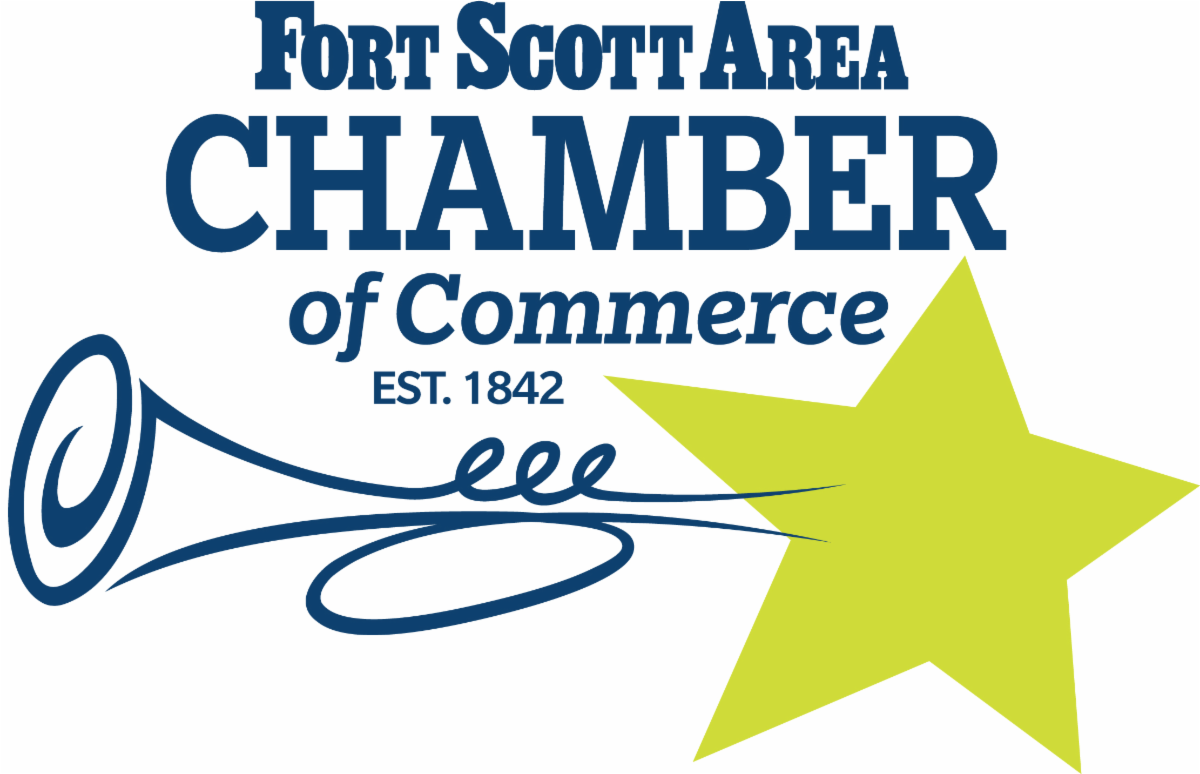


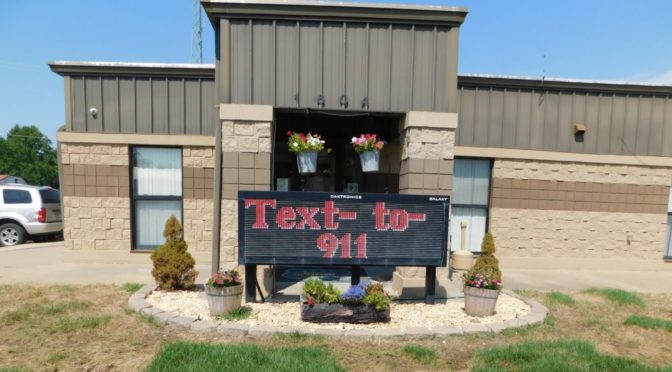
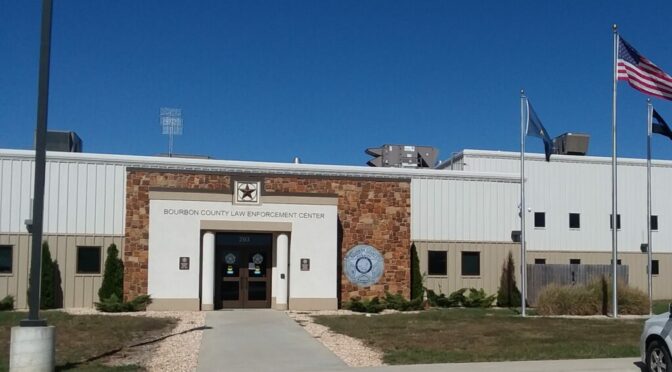
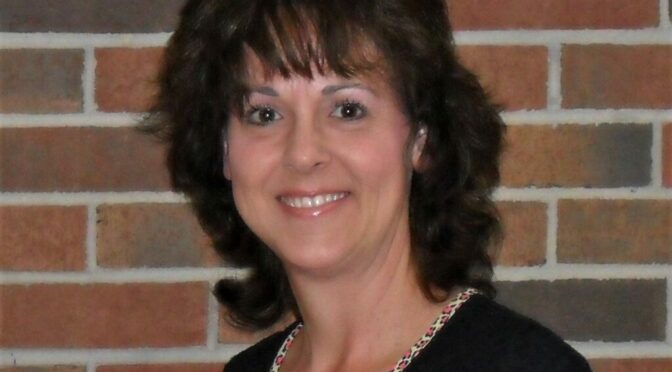
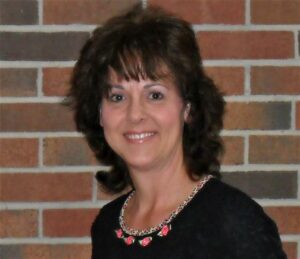

 Fraud Alert: We have received reports of scammers reaching out to people offering to register them for funeral assistance. FEMA has not sent any such notifications and we do not contact people prior to them registering for assistance.
Fraud Alert: We have received reports of scammers reaching out to people offering to register them for funeral assistance. FEMA has not sent any such notifications and we do not contact people prior to them registering for assistance.


